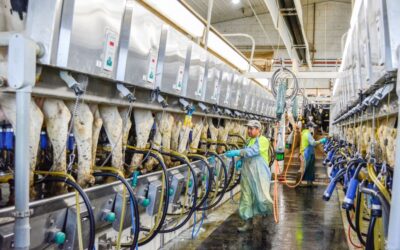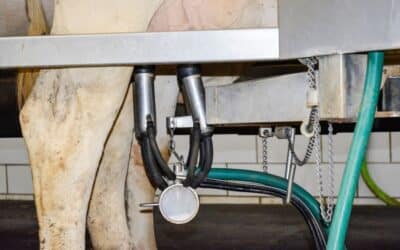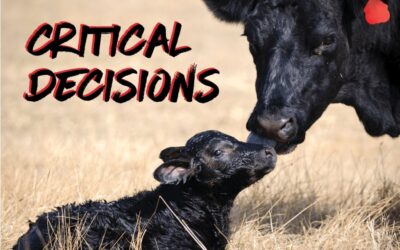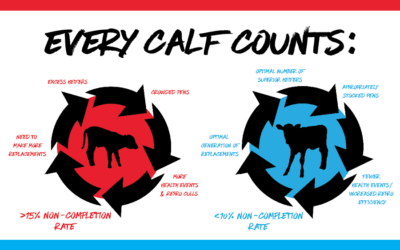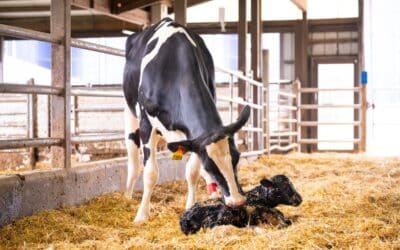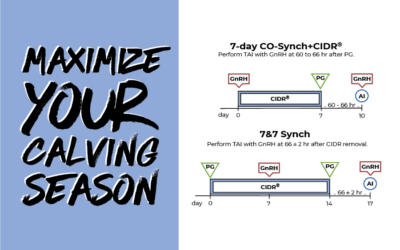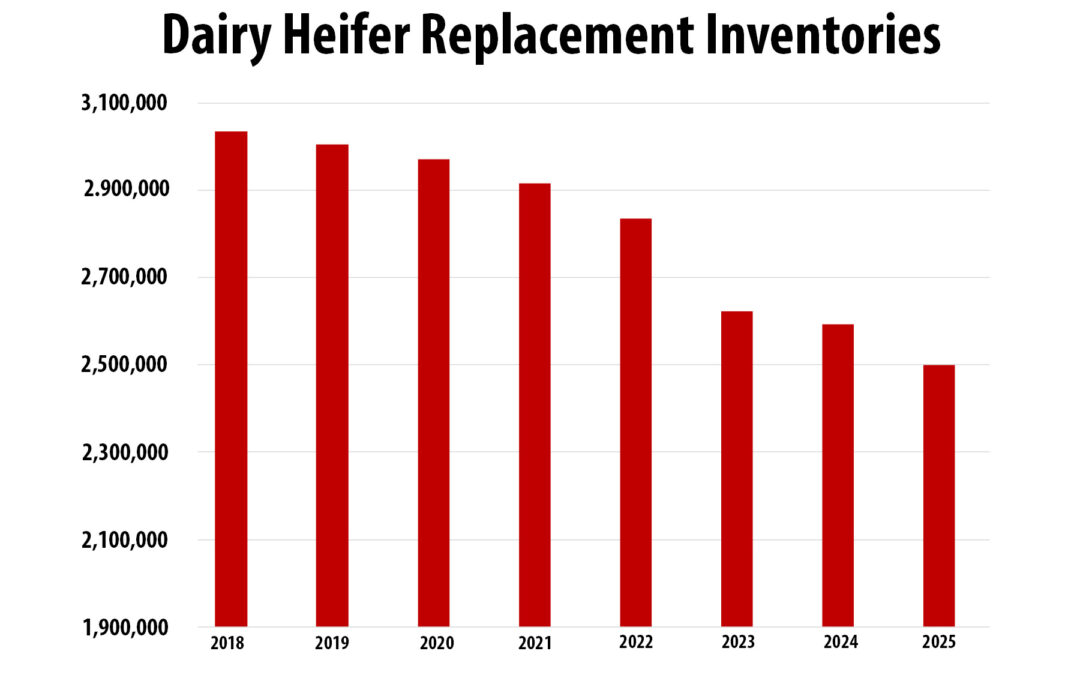
Boost heifer longevity with disease management
The dairy heifer replacement inventory continues to drop. In fact, it’s the lowest we’ve seen in the USDA’s 22 years of projection.¹ To help balance the low heifer inventory, you focus on breeding long-lasting profitable cows, built from an elite heifer crop. While...
Understanding Mycoplasma bovis mastitis in dairy cattle and why it’s a serious threat
You know the number, but it’s worth restating: a case of clinical mastitis in the first 30 days of lactation can cost you up to $444. While preventing mastitis is often the focus, how well do you truly understand the pathogens responsible for it? What are the real...
Understanding Staph. aureus mastitis in dairy cattle and how to manage it
We’ve all seen the statistic – a case of clinical mastitis in the first 30 days of lactation can result in an economic loss of $444. We talk about all the ways to prevent mastitis but what do we really know about the bugs that actually cause mastitis to begin with?...
Critical decisions in the final trimester for beef calf success
The last trimester of pregnancy is a critical period for determining the profitability of a cow-calf operation. Approximately 75% of fetal growth occurs during the final 90 days of gestation and the cow herself is preparing for the challenges of the calving process....
Every calf counts: Why reducing heifer non-completion is key to herd success
When we think about “making every calf count,” heifer non-completion rate is a key performance indicator (KPI) that should definitely be on producers’ minds. Heifer non-completion rate is defined by the number of heifer replacements that never make it to the lactating...
Milk fever vs. subclinical hypocalcemia: Are your fresh cows truly covered?
Are you only treating cows with visible milk fever symptoms? For every cow that shows signs of milk fever (stumbling, off-feed, or simply looks “off”), there are many others silently dealing with subclinical hypocalcemia (SCH). Unlike clinical hypocalcemia (milk...
Maximize your calving season: Tips for a successful program
As we look to rebuild the U.S. beef-cow herd and meet the increasing demand for high-quality- beef products, we must strive to enhance the efficiencies of all beef-production enterprises. Profitability and efficiency in the cow-calf sector is heavily dependent on the...

